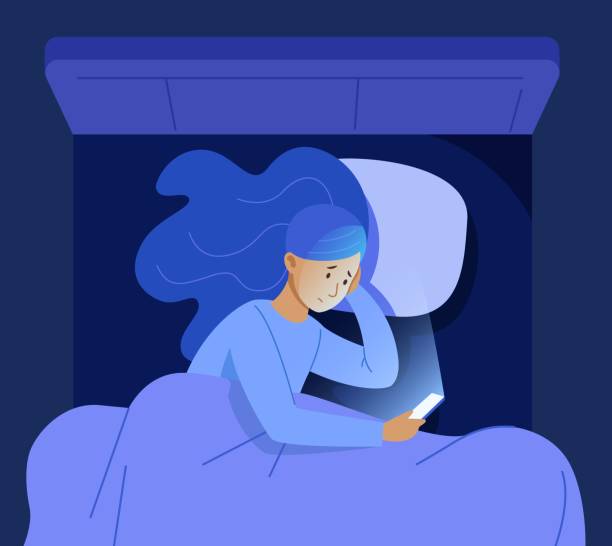If you’re ever in a public speaking situation and asked if you want to use a microphone, please say yes every time.
So often, I’ve found myself in a position to speak in public alongside others, and someone – always a man – declines the microphone with nonsense bravado.
“My voice carries well.”
“I know how to project to the back of the room.”
“I spent years in the theater. I know what I’m doing.”
“Don’t worry. I’ll make sure everyone can hear me.”
This is all very foolish.
More than 48 million Americans experience some form of hearing loss, and only about one-fifth of them have the means, willingness, or awareness to do anything to address it.
It’s also an invisible disability. Unless someone tells you that they are dealing with hearing loss, you will never know, which means that asking your audience if everyone can hear you is stupid. You’re essentially asking people to publicly acknowledge their disability, which they should never be required to do.
Also, some may not even hear your question.
This is why when asked if you want to use a microphone, say yes every single time.
I have a voice that projects well. I can shout across a playground at recess and be clearly heard by all. And unlike less experienced speakers, I am also keenly aware of my volume while I’m speaking and constantly adjust. The former sound technician for The Moth, Paul Ruest, once told me that my control over the microphone is astounding.
This is undoubtedly the result of nearly three decades spent as a wedding DJ, learning to cut through the buzz of a partially inebriated crowd in order to be heard.
It’s not a superpower. Just hard-won experience.
Still, even with a booming voice and the ability to gauge my volume well, I opt for a microphone every single time because I know that it’s likely that some percentage of my audience members are suffering from a hearing impairment, and I want to be heard by all.
You’re not strong or powerful or commanding or impressive if you don’t use a microphone.
You’re a fool.









